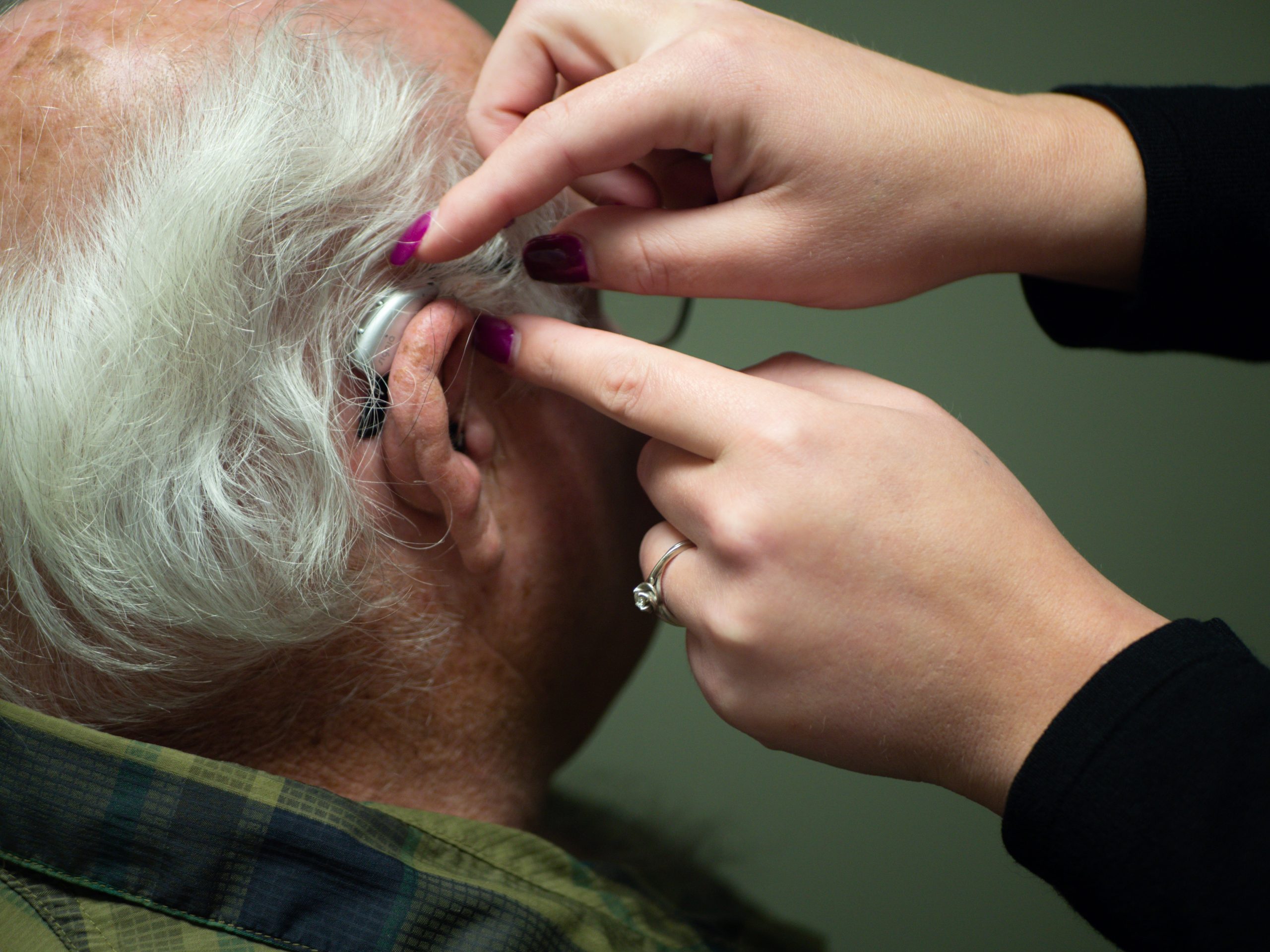Deaf individuals are expressing fears of being left behind in the current climate, as society grapples with the ongoing COVID-19 pandemic and other significant challenges. Despite progress in some areas, many Deaf individuals feel that their needs are not being adequately addressed, and they worry about what the future may hold.
One of the main concerns raised by Deaf individuals is the impact of the pandemic on access to services and communication. Deaf individuals often rely on in-person communication and interaction, which has been disrupted by social distancing measures and other pandemic-related restrictions. This has led to challenges in accessing healthcare, education, employment, and other services, which can have significant long-term consequences.
Deaf individuals are calling for greater investment in technology and other tools to support remote communication and access to services. They also emphasize the importance of ensuring that these tools are accessible and user-friendly for Deaf individuals, who may have different communication needs and preferences.
Another area of concern is the impact of the pandemic on employment opportunities. Deaf individuals often face significant barriers in accessing employment, including discrimination and limited access to training and other resources. The pandemic has exacerbated these challenges, as many businesses have been forced to close or reduce their workforce.
Deaf individuals are calling for greater investment in job training and other employment programs, as well as increased efforts to promote diversity and inclusion in the workplace. They emphasize the importance of recognizing the skills and talents of Deaf individuals and creating a more level playing field in the job market.
Another issue raised by Deaf individuals is the need for greater representation and involvement in decision-making processes. Many decisions affecting the Deaf community are made without input from Deaf individuals or organizations, which can lead to policies that do not adequately address the needs of the community.
Deaf individuals are calling for greater involvement in policymaking and other decision-making processes, including the development of policies and programs that promote greater access to services, employment, and other opportunities. They also emphasize the importance of including Deaf voices in discussions about disability rights and other issues affecting the broader disability community.
Finally, Deaf individuals are calling for greater awareness and understanding of Deaf culture and communication needs. Many people do not understand the challenges faced by the Deaf community or the richness and diversity of Deaf culture. This can lead to discrimination, stereotyping, and other negative outcomes.
Deaf individuals are calling for greater education and awareness-raising efforts, including the development of Deaf cultural programs and the inclusion of Deaf history and culture in educational curricula. They also emphasize the importance of increasing Deaf representation in media and other public forums, which can help to break down stereotypes and promote greater understanding and acceptance of the community.
In conclusion, Deaf individuals are expressing fears of being left behind in the current climate, as society grapples with the ongoing pandemic and other significant challenges. While progress has been made in some areas, much work remains to be done to ensure that the needs of the Deaf community are adequately addressed. Deaf individuals are calling for greater investment in technology, job training, and other programs that promote greater access to services and employment opportunities. They also emphasize the importance of including Deaf voices in policymaking and other decision-making processes, and increasing awareness and understanding of Deaf culture and communication needs. It is essential that society recognizes the unique challenges facing the Deaf community and takes action to address them, in order to ensure that Deaf individuals are not left behind in the current climate.




